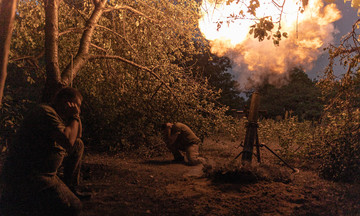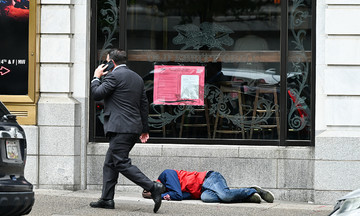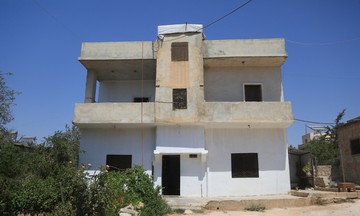Laughter echoed through a wooden house in rural Zhejiang province, eastern China, as a group of women played mahjong and drank coffee one day in July.
They were enjoying some downtime after making steamed buns together in a sunlit kitchen overlooking the mountains. These women came together for mutual support, to "comfortably discuss private matters", make new friends, or simply escape harassment.
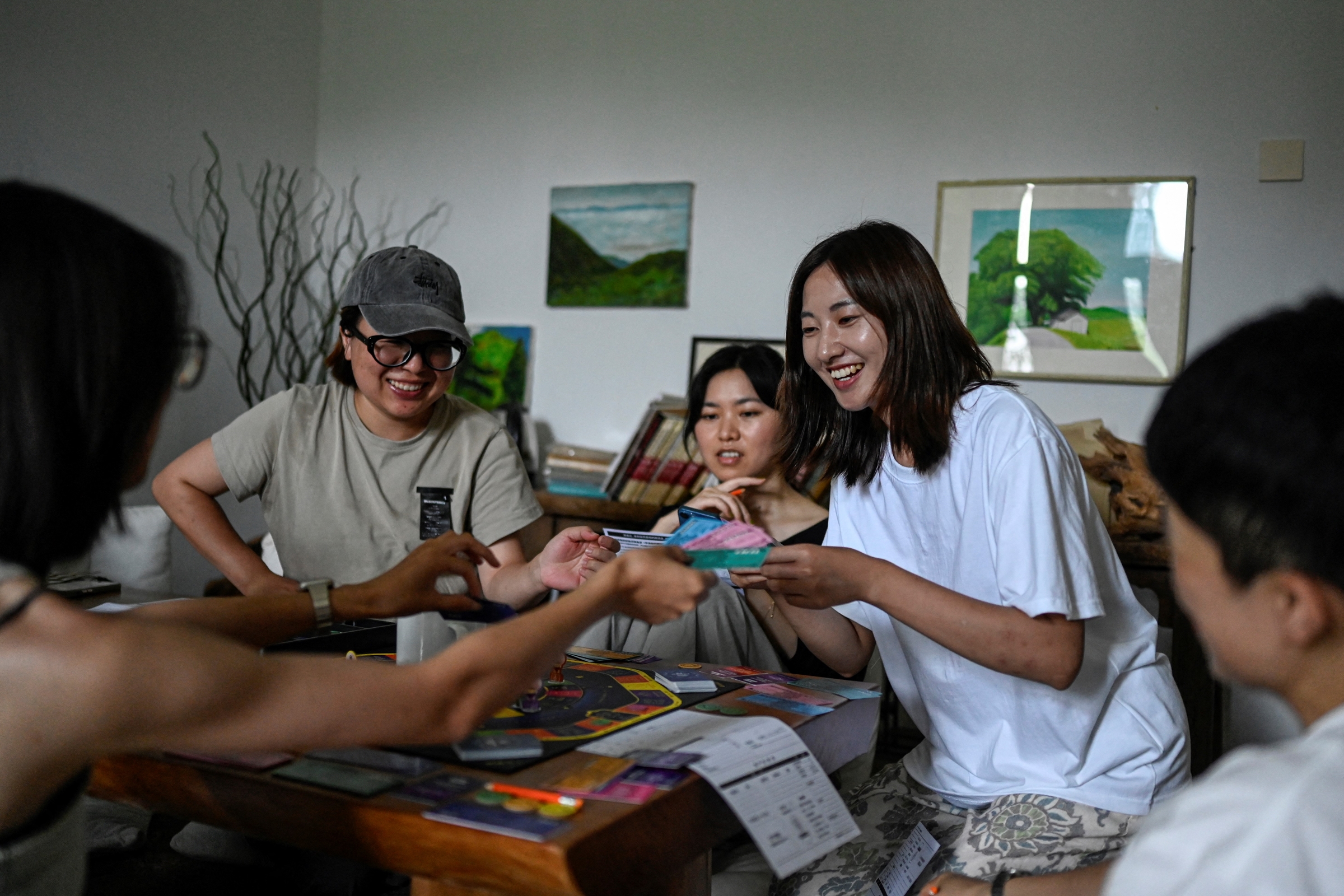 |
Chen Yani, second from right, plays with friends and guests at her Keke's Fantasy Space club in Hangzhou on 14/7. Photo: AFP |
Chen Yani, second from right, plays with friends and guests at her Keke's Fantasy Space club in Hangzhou on 14/7. Photo: AFP
"The all-female environment makes me feel safe," said 43-year-old Zhang Wenjing. "It's easier for us to talk about various topics among women."
28-year-old Chen Fangyan feels less self-conscious without men around. "Not being obligated to wear a bra is a kind of freedom," she said.
The demand for single-sex spaces like bars, gyms, hotels, and workspaces is rising in China, as women gain greater financial independence and seek peace and security.
At "Keke's Fantasy Space", participants pay 30 CNY (4.17 USD) per night, with the cost increasing to 80 CNY from the 4th night onwards. 30-year-old Chen Yani, nicknamed "Keke", said she opened the space after experiencing repeated harassment at work.
"I've been harassed by men to varying degrees, to the point where I couldn't work normally. So, I started thinking about a safe and comfortable work environment where I wouldn't feel insecure anymore," she explained.
Chen began by renovating a house in Lin'an, on the outskirts of Hangzhou, about 200 km from Shanghai.
She organized an overnight stay during the Lunar New Year and posted about it on Xiaohongshu, China's equivalent of Instagram, believing other women shared her desire for a relaxing retreat.
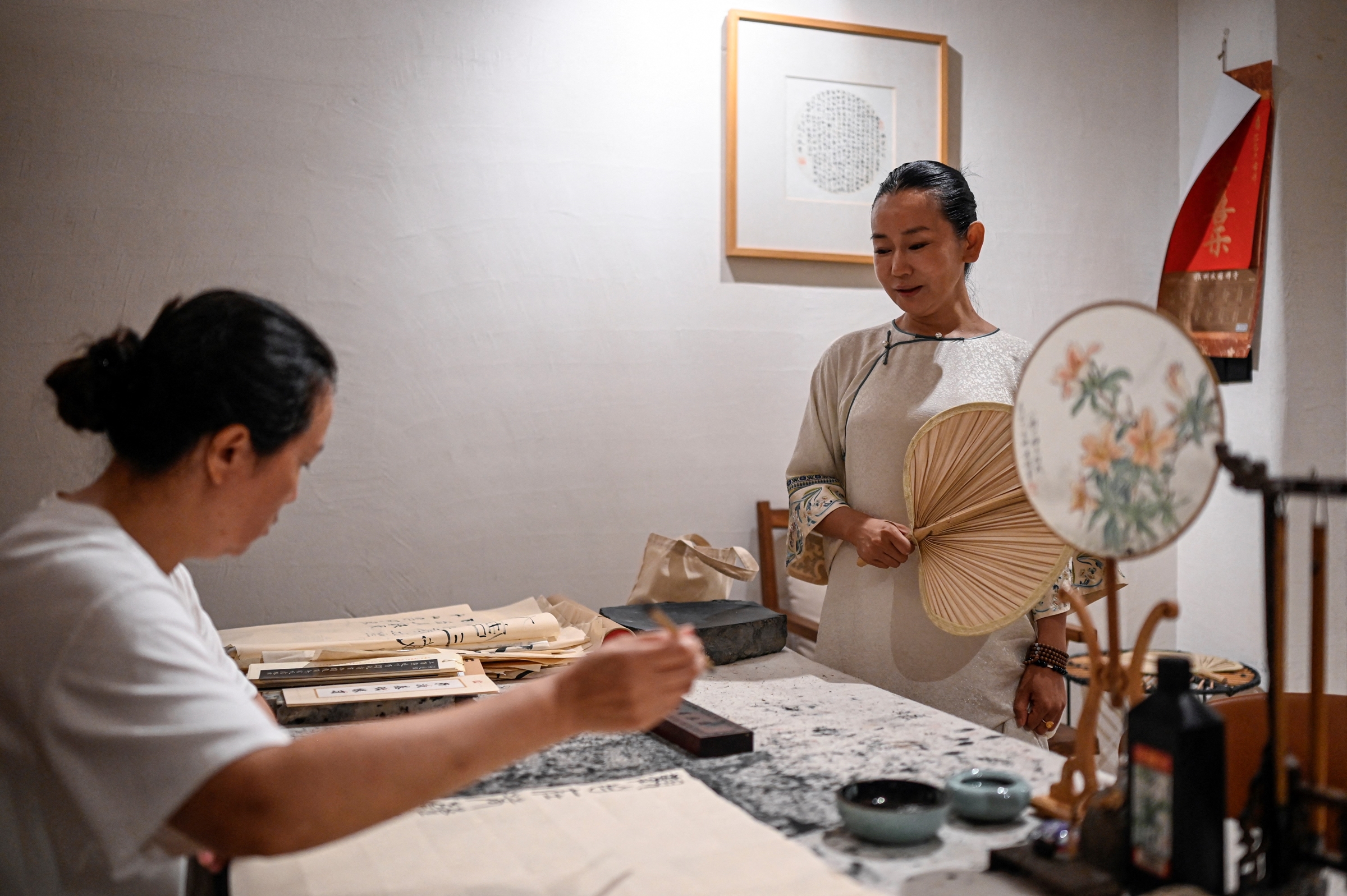 |
Yang Yun (right), founder of Her Space club, watches clients practice calligraphy at her facility in Hangzhou on 14/7. Photo: AFP |
Yang Yun (right), founder of Her Space club, watches clients practice calligraphy at her facility in Hangzhou on 14/7. Photo: AFP
12 women attended. Some sought a change of scenery during the holidays, while others wanted to escape personal questions and family pressure about marriage and childbirth.
"Within families, women often care for grandparents, children, and do housework, in addition to their professional responsibilities," she said. "They need a place where they don't have to play any role and can just be themselves."
29-year-old participant Yuan Xiaoqian believes women today have more choices due to their higher education and financial independence. "They can focus more on themselves and prioritize new needs," she said.
In Xiuxi village, Zhejiang province, Yang Yun opened "Her Space" in June to offer women a "spiritual haven". The space resembles a small, artsy hotel, with rustic furnishings and calligraphy adorning the walls. Yang wants it to be a guaranteed refuge for women.
"If a woman loses her job, her parents, has a fight with her husband, or feels exhausted by city life, she knows she can come here and find warmth," Yang said.
So far, 120 women have paid the 3,980 CNY membership fee. "Whether they come here to rest or not isn't important. What matters is that this place exists, providing them with spiritual strength," Yang explained.
However, critics argue that single-sex communities exacerbate gender conflicts without addressing the root causes.
Chen Yani refutes this, emphasizing that clubs like "Keke's Fantasy Space" don't foster animosity towards men, but women also deserve their own spaces.
"Women are a social group with many shared experiences and challenges. Therefore, they often understand and empathize with each other more easily," she said.
Although the model isn't profitable yet, Chen says that's not the main concern. "As long as there's a need, this place will continue to exist," she stated.
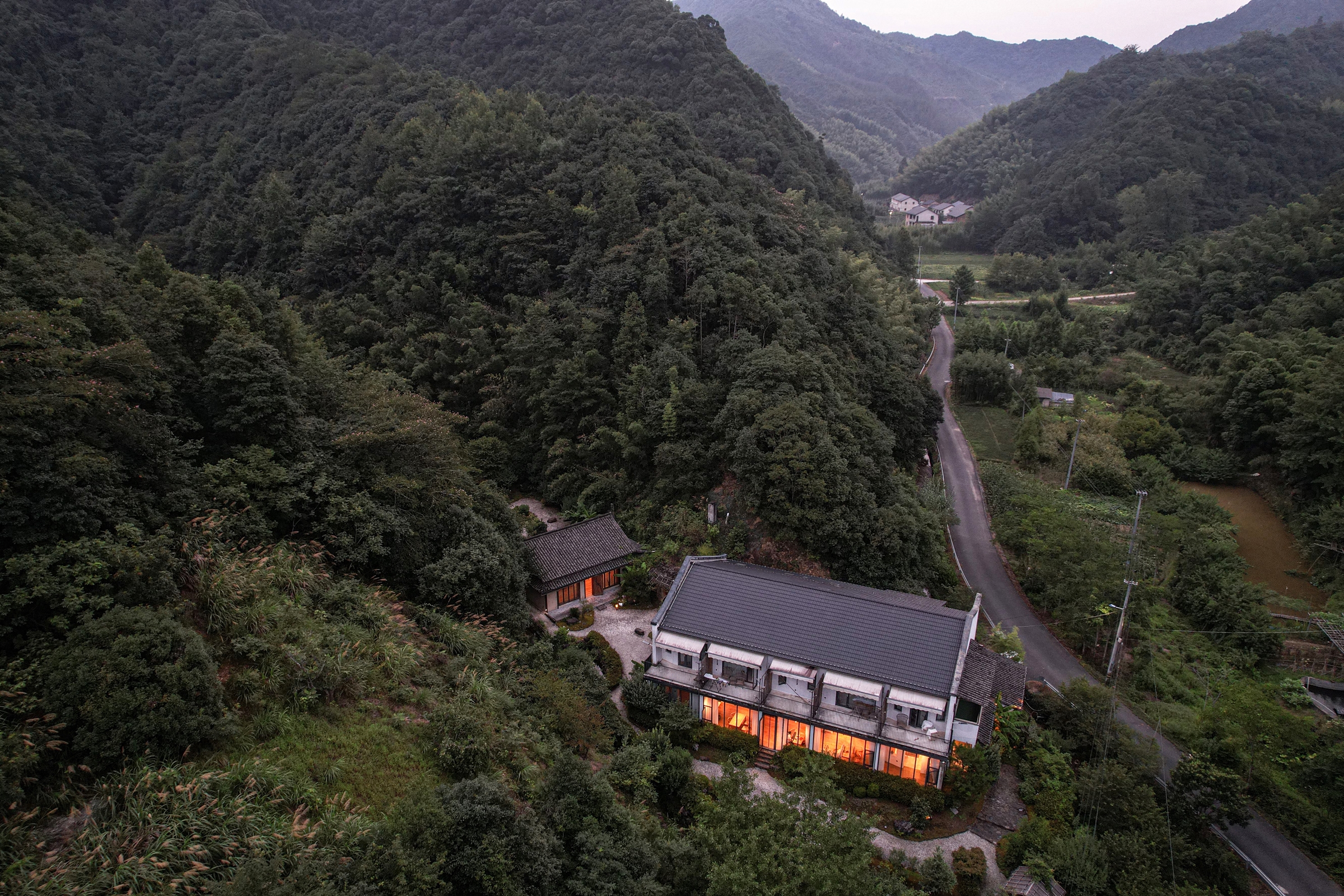 |
An aerial view of Her Space club on the outskirts of Hangzhou on 14/7. Photo: AFP |
An aerial view of Her Space club on the outskirts of Hangzhou on 14/7. Photo: AFP
Lilith Jiang, founder of the women-only cultural space "Half the Sky" in Beijing, says these community-oriented establishments are filling a gap in women's needs.
"Men have many opportunities to socialize, like going out for drinks or exercising together, but women don't," she observed.
In the long term, she believes these non-traditional clubs could offer alternative solutions for single women worried about aging alone.
"Women are constantly asked, 'If you don't get married, what will happen to you when you get old?'" Jiang said. "But in the long run, women-only co-living spaces, where they can grow old together, could be a solution."
Hong Hanh (AFP)



